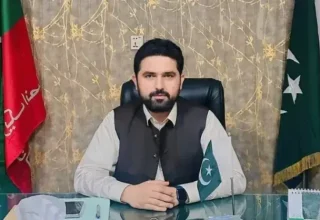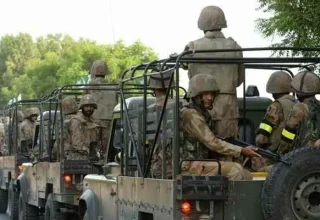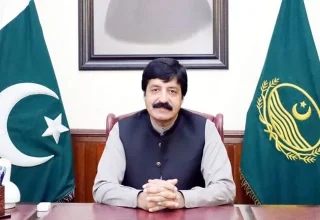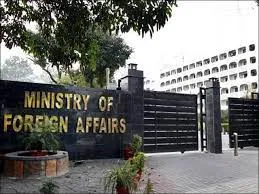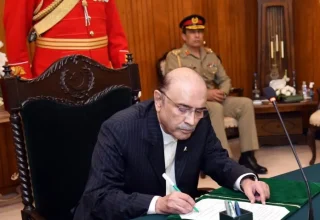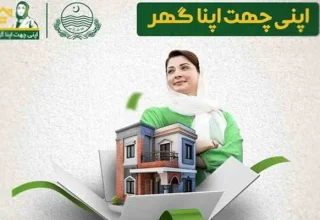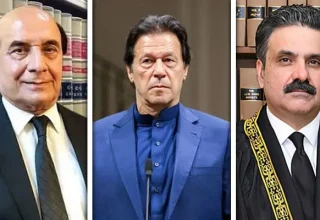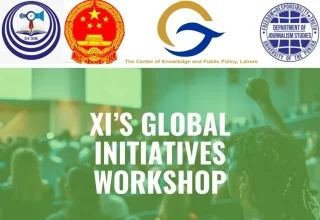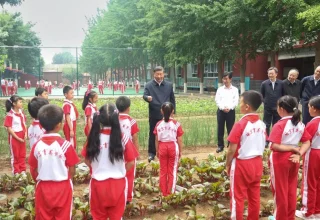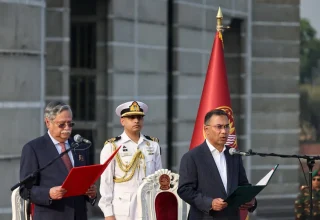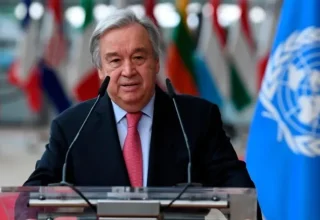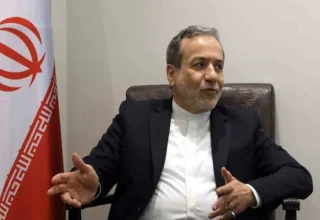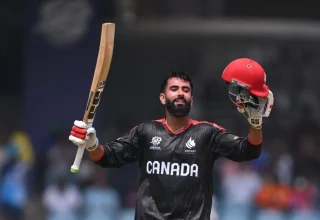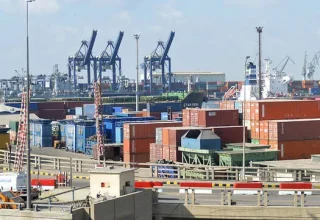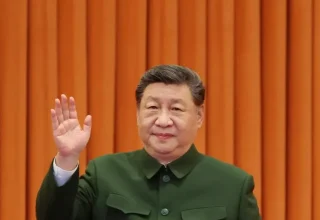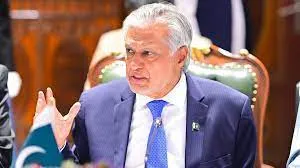
Deputy Prime Minister, Foreign Minister, and Leader of the House in the Senate, Senator Ishaq Dar, opened the second day of the two-day Inter-Parliamentary Speakers’ Conference (ISC) in Islamabad and presided over the morning session on “General Debate: Peace, Security, and Development.”
In his remarks, he highlighted Pakistan’s firm belief that dialogue, cooperation, and multilateral engagement are essential for achieving lasting peace, stability, and sustainable development.
The DPM/FM commended the leadership of the Chairman Senate and ISC Founding Chairman, Senator Syed Yousaf Raza Gilani, under whose guidance the Senate of Pakistan continues to champion multilateralism and parliamentary diplomacy as a platform for advancing global peace, security, and prosperity.
He emphasized that parliamentary diplomacy complements traditional diplomacy by bringing the perspectives of elected representatives into international discourse, helping to translate global commitments into tangible actions at the national and regional levels.
“Parliamentarians, who are closest to the people, play a critical role in fostering dialogue, sharing experiences, and promoting governance, human rights, and democracy,” he said, adding that such engagement strengthens interstate relations, enriches global cooperation, and ensures diplomacy reflects the values and aspirations of citizens worldwide.
Highlighting the global context, the DPM/FM noted that the world is experiencing profound transformations, with geopolitical rivalries, economic disparities, climate crises, terrorism, and growing inequalities challenging the cooperative spirit that has sustained peace for decades.
He said that forums such as ISC are vital in revitalizing multilateralism through openness, inclusivity, and people-centered engagement, reminding the international community that dialogue, diplomacy, mutual respect, and shared responsibility are essential for global trust and collective action.
Reflecting on Pakistan’s foreign policy, the DPM/FM reaffirmed that it is firmly guided by the principles of the UN Charter, including sovereign equality, peaceful settlement of disputes, non-interference, and friendly relations among nations.
He highlighted Pakistan’s ongoing leadership role at the United Nations, Organization of Islamic Cooperation (OIC), Shanghai Cooperation Organization (SCO), and other multilateral forums, stressing that the country remains committed to promoting cooperation over competition and equitable partnerships over hierarchies in shaping a just and peaceful international order.
The DPM/FM also addressed global security challenges, particularly terrorism, stating that “terrorism recognizes no religion, race, or boundary.” He condemned the recent attacks in Wana and Islamabad, which claimed 15 lives, and expressed heartfelt condolences to the bereaved families.
He emphasized that such acts cannot weaken Pakistan’s resolve; instead, they reinforce the nation’s commitment to dialogue, understanding, and partnership as the only sustainable paths to peace and security.
Concluding his remarks, the Deputy Prime Minister reaffirmed Pakistan’s role as a bridge-builder, uniting regions, amplifying the voices of the developing world, and advancing peace through justice and dialogue.
“Diplomacy, whether in the chamber or the chancery, must always serve the people. People-centered diplomacy ensures that the dividends of peace reach citizens, that development is inclusive, and that international cooperation translates into tangible human progress,” he said.
He extended best wishes to all foreign delegates for a pleasant stay in Islamabad and a safe return to their respective countries.


